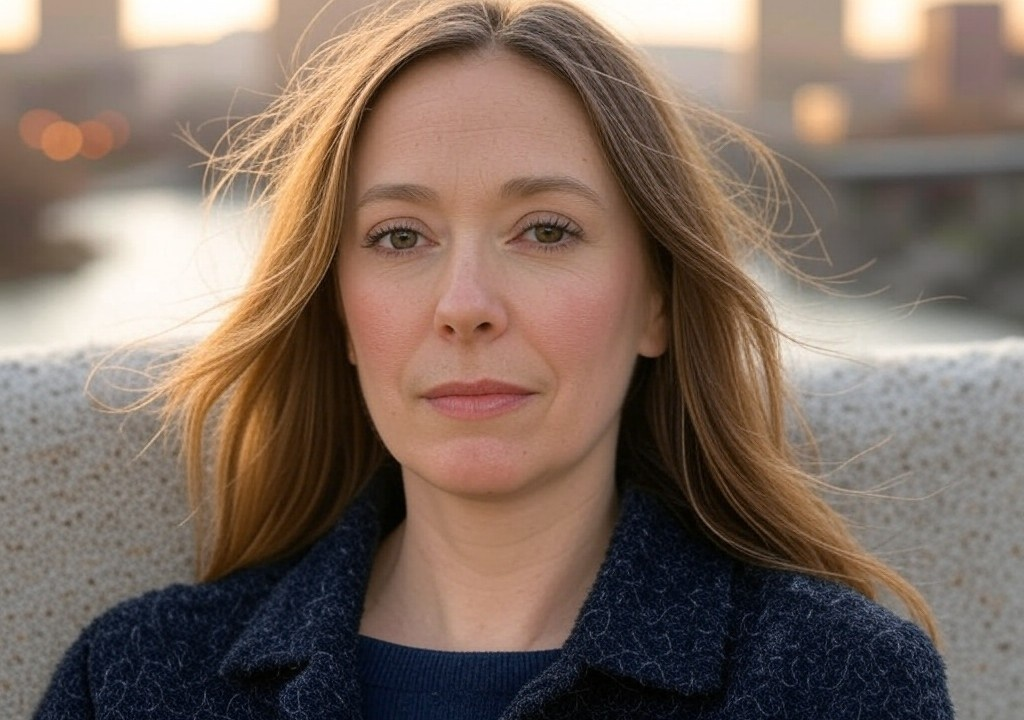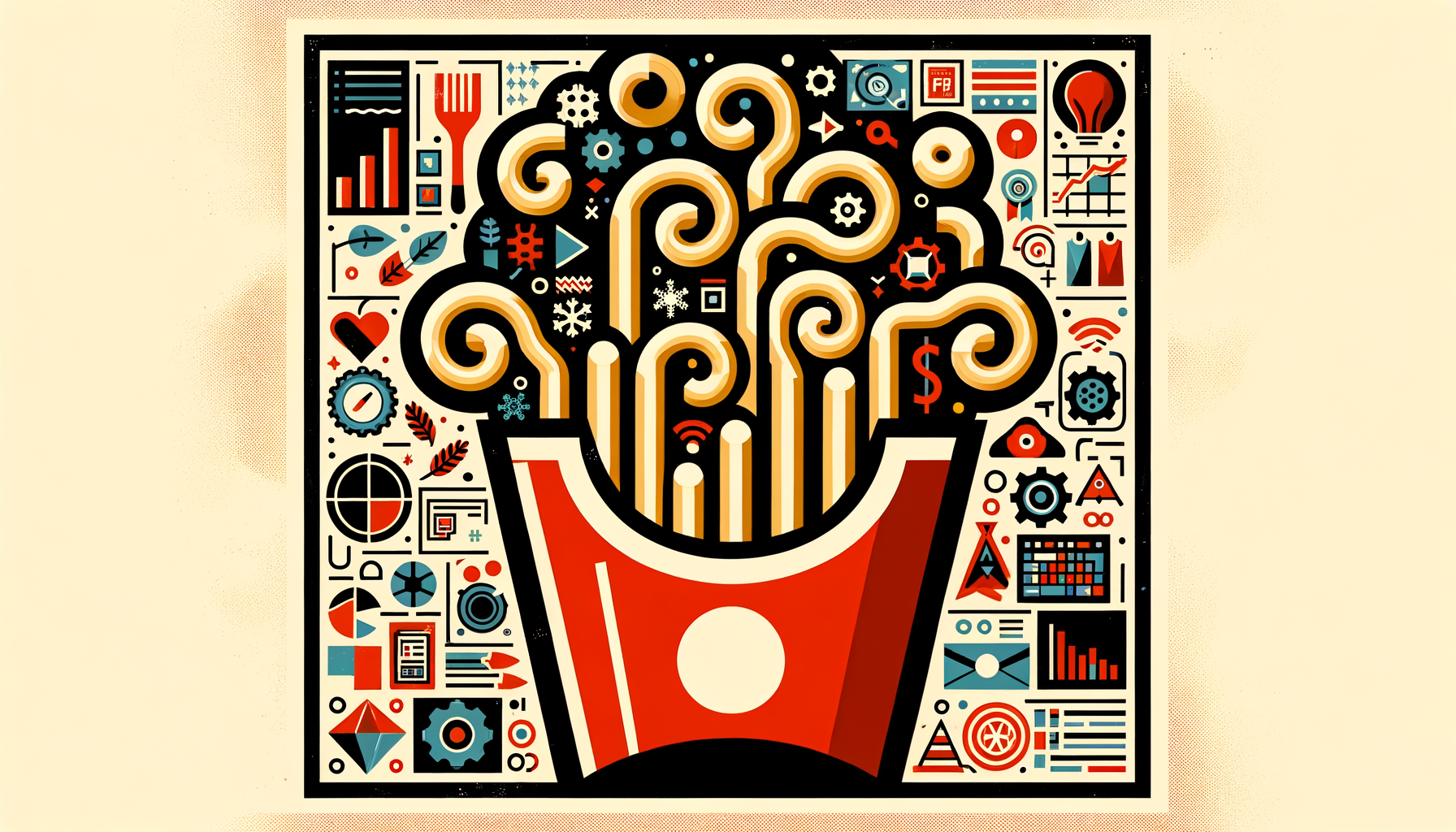We all have that one story we hesitate to tell at parties. The one where our well-intentioned choices went so spectacularly sideways that even the retelling feels like a public roast. Mine starts in the North End of Boise, involves a dead-end job interview, and ends with me ugly crying over a jumbo order of curly fries at the downtown Jack in the Box. A failure for the books, let me tell you—though it didn’t feel like much of a learning experience in the moment. Funny how hindsight works.
But trust me, it’s a tale worth sharing. Why? Because it was my first big failure, and honestly, I wouldn’t trade it for the world.
The Interview That Burned Like a Hot Mic
A few years ago, newly armed with my freshly minted degree from Boise State University and about a metric ton of enthusiasm, I decided I was destined for journalistic greatness. Most of my experience up to that point revolved around covering local events and oddities for The Idaho Statesman—think county fairs, goat yogas, and the occasional minor political scandal. But I wanted more. I wanted to write big things, to see my name next to bylines that made people pause over their morning coffee.
So, when a coveted mid-level reporting position at a prestigious literary magazine opened up, I threw my name into the ring faster than you could say, “Can you use Adobe InDesign?”
The day of the interview, I wore a blazer I’d thrifted that still smelled faintly of someone else’s Chanel No. 5. My resume was printed on that fancy linen paper as if the quality of the page alone shouted, "Take me seriously!" Did I prepare? Relentlessly. Did I overthink my outfit, my hand gestures, and the number of seconds to hold eye contact? Absolutely.
And yet, mere minutes into the Zoom interview (yes, it was one of those), I realized things weren’t going well. Imagine bombing so thoroughly that you find yourself wondering if you’ve accidentally joined the wrong meeting. The editor’s face contorted in confusion when I used a Wallace Stegner quote to answer a question about data visualization. My attempt at weaving Idaho’s cultural renaissance into a pitch for covering urban gentrification was met with a feeble, “Hmm, interesting.” If there were a polite version of “what are you even talking about?” I heard it six times that day.
By the end of the session, I was 90% sure that even my Wi-Fi signal was embarrassed for me.
The Post-Fail Spiral (With Curly Fries)
Let’s just say I didn’t get the job. The rejection email came two days later, a short, kind note that might as well have been powered by AI for all the warmth it lacked. My ego felt like a glass ornament shattered on concrete. I was certain I’d blown my one shot at “making it.” In my melodramatic haze, I pictured myself doomed to a lifetime of writing obituaries and covering rogue feral cat stories.
And where did I turn with my bruised pride? Comfort food, obviously. I ended up at a Jack in the Box, drowning my sorrows in a mountain of curly fries, some ranch dipping sauce, and a milkshake so thick I could feel it judging me through the straw. It wasn’t pretty, folks. Not only because Jack in the Box isn’t exactly candle-lit-dinner material, but because failure feels ugly. It was raw, sticky, unforgiving, and about as far from Instagram-worthy as one could get.
Lessons From The Land of Whoops
Here’s the thing about failure, though—especially first failures. They feel personal. It’s so easy to internalize them as a glaring flaw in who you are as a human being. After I finished mainlining Jack’s finest carbs, I walked along the Boise River Greenbelt in a daze. Slowly, reality began to seep in, carried on the breeze through the trees.
This wasn’t the universe telling me I’d chosen the wrong career or that I wasn’t good enough. It was simply life being what it is: unpredictable, humbling, and sometimes deeply inconvenient. So, what did I learn? Let me break it down:
-
Preparation Is Good—Adaptability Is Better
No amount of research or rehearsed answers could’ve saved that interview because I was so locked into my script that I forgot to actually listen. When the editor veered into topics I wasn’t expecting, I panicked instead of pivoting. The takeaway? Life—and relationships, by the way—requires flexibility. Sometimes you have to ditch the perfect plan and roll with the awkward silences. -
Failure Isn’t Fatal (Even When It Feels Like It)
Honestly, I look back and cringe at certain moments of that interview, but you know what? No one else is still thinking about it. What felt monumental to me was just Tuesday to everyone else. This wasn’t an endpoint; it was a recalibration. Perspective is everything. -
Curly Fries Help (But Self-Compassion Works Better)
Treating myself kindly afterward was a game changer. I wrote for myself for a while—pieces without audiences or deadlines—just to remind myself why I loved storytelling in the first place. Failure doesn’t define you, but how you respond to it can shape you in surprising ways.
The Comeback
That experience wasn’t just humbling—it was transformative. If I hadn’t flopped so epically in that interview, I wouldn’t have stopped to reassess my voice or my goals. A few months later, I found my footing as a writer, pivoting toward projects that felt more aligned with who I was. I authored a long-form feature series on Boise's tech boom, marrying my journalistic instincts with my Idaho roots. That series opened up more doors than I thought possible, including the one leading to this very platform.
Failure wasn’t the roadblock I’d made it out to be—it was a detour that led me somewhere better. Think of it like taking a less scenic route on accident, only to stumble upon the coolest roadside diner with pie so good it makes you cry.
Your Turn to Embrace Failure
If you’ve ever felt undone by a failure—whether it was a breakup, a rejection at work, or the time you literally fell on your face in front of someone cute—know this: failure is inevitable, even necessary. It’s messy and uncomfortable, sure. But it can be a guide, not a verdict.
Here’s my advice for finding resilience in those moments:
- Phone a Friend. Talking it out with someone who knows you (the real you) is like putting aloe on sunburned pride.
- Laugh Your Way Through. If you can find the humor in your faceplant—metaphorically or literally—you’ll heal twice as fast. Bonus: Every failure makes for an excellent conversation starter later.
- Ask Yourself: What’s Next? Channel that energy into your next move. A setback isn’t a stopping point—it’s a pause button.
So, what’s your Jack in the Box moment? And when’s the last time you turned your big fail into fuel? Trust me, what feels like the end might just be the opening act. Boom, curly fries mic drop.




















